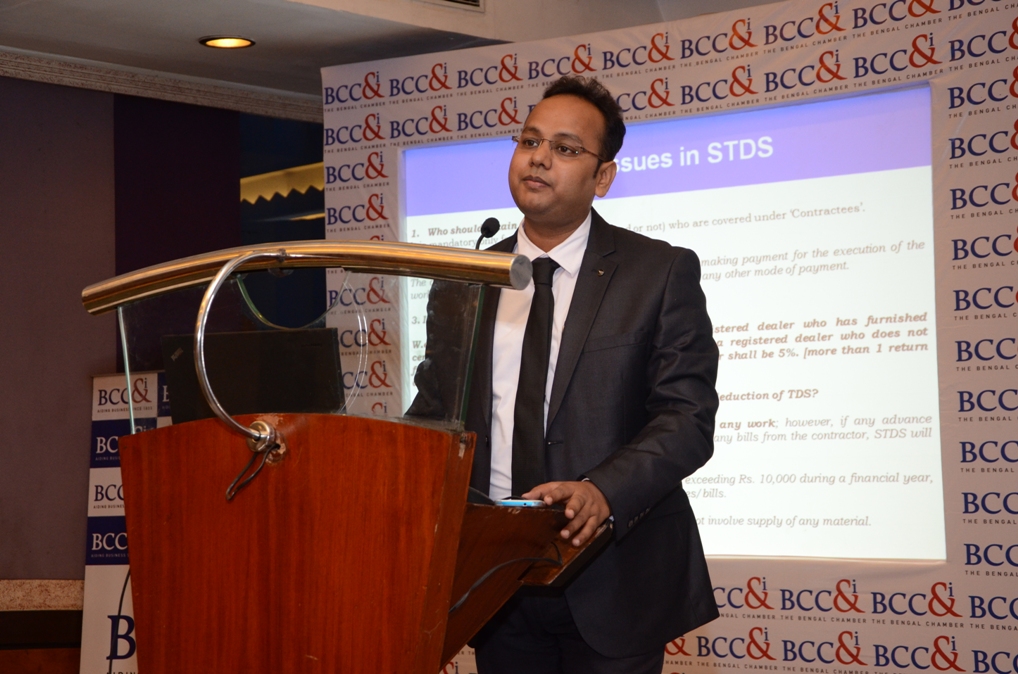A year after the international community reached a landmark agreement on a two-pillar solution to reform the international tax rules to address the tax challenges arising from globalization and digitalization, progress continues fast towards its implementation across both pillars.
We know that The OECD had 2 weeks ago released a document inviting public comments on how to outline the progress made in defining what in country baseline marketing and distribution arrangements are, how they may be identified in practice, and subsequently how in-scope arrangements may be priced in a simplified and streamlined manner, in accordance with the arm’s length principle.
Now the OECD has sought public comments on the Draft Multilateral Convention (MLC) Provisions on Digital Services Taxes (DSTs) and other Relevant Similar Measures of Amount A of Pillar One. The OECD has also sought public comments on compliance and co-ordination aspects of the Pillar Two global minimum tax.
The draft MLC provisions aims at removal of all existing DSTs and other relevant similar measures and the standstill of future measures, which are an integral part of achieving Pillar One’s goal of stabilizing the international tax architecture. This follows the recent release of the consultation document on Amount B which completes the consultation on all the building blocks of Pillar One.
Under Pillar Two, the Inclusive Framework is releasing an implementation package relating to Pillar Two Global Anti-Base Erosion (Globe) Rules, which provide a coordinated system to ensure that multinational enterprises (MNEs) with revenues above EUR 750 million pay at least a minimum level – at an effective rate of 15% – on the income arising in each of the jurisdictions in which they operate.
Going forward, the Inclusive Framework expects to release administrative guidance on the interpretation or administration of the global minimum tax on a rolling basis, with the first package of administrative guidance to be released in early 2023. Work is also proceeding on the finalization of the subject to tax rule and the related multilateral instrument to assist in its implementation.





